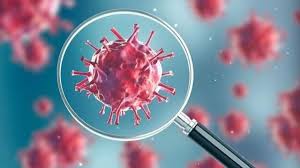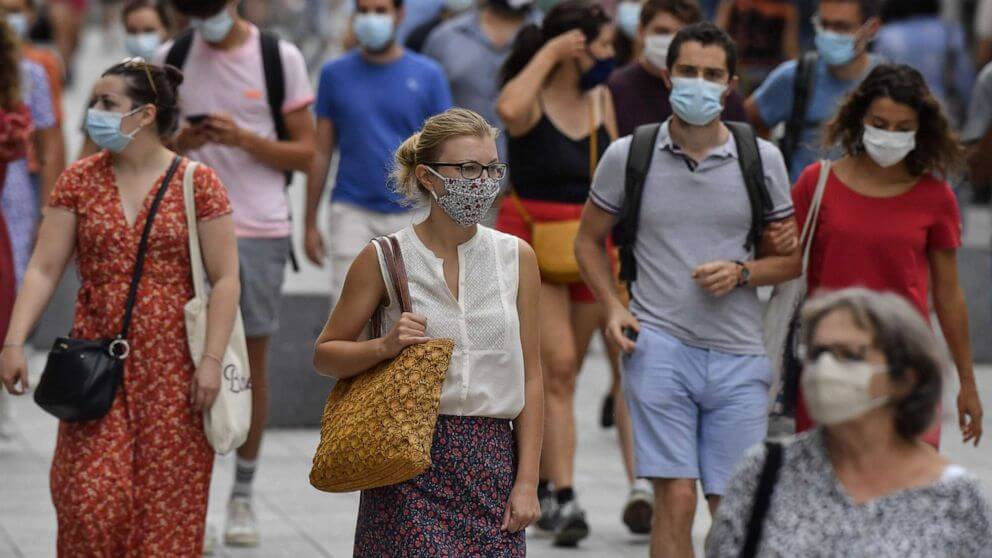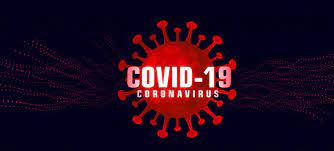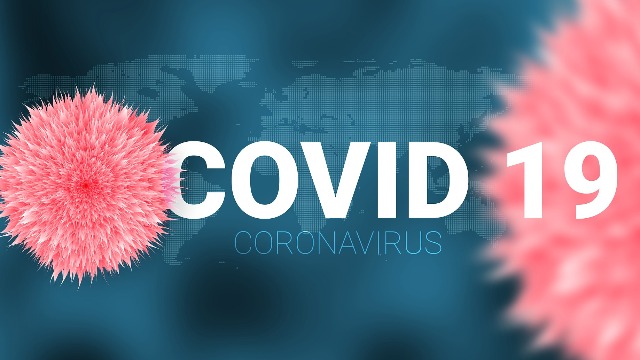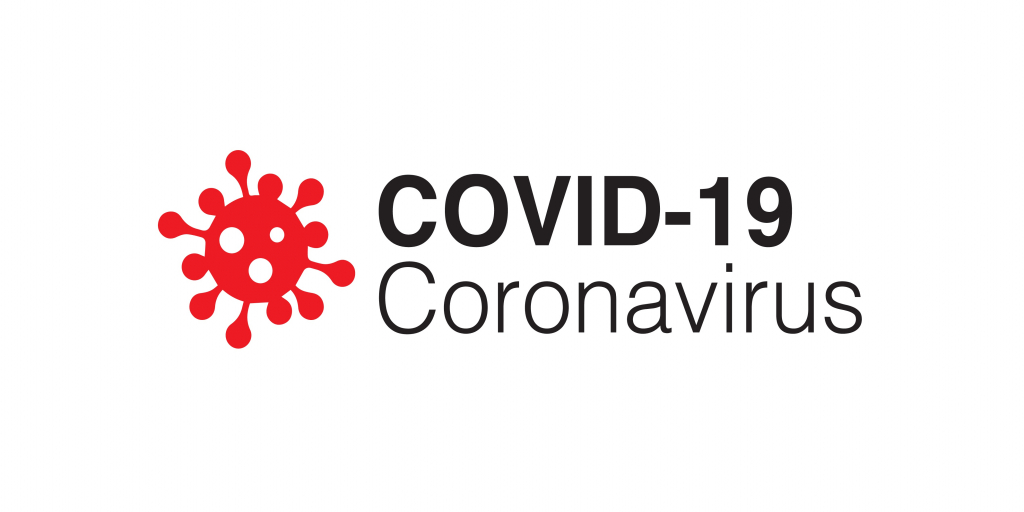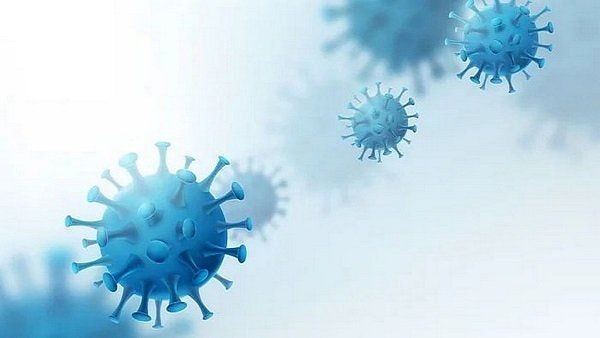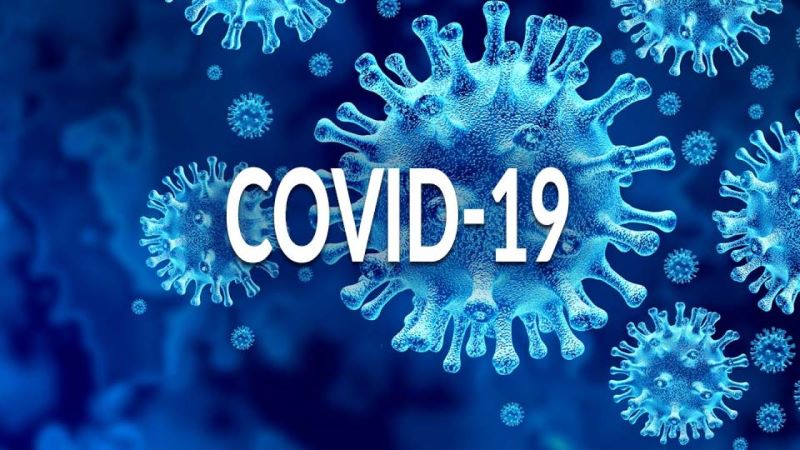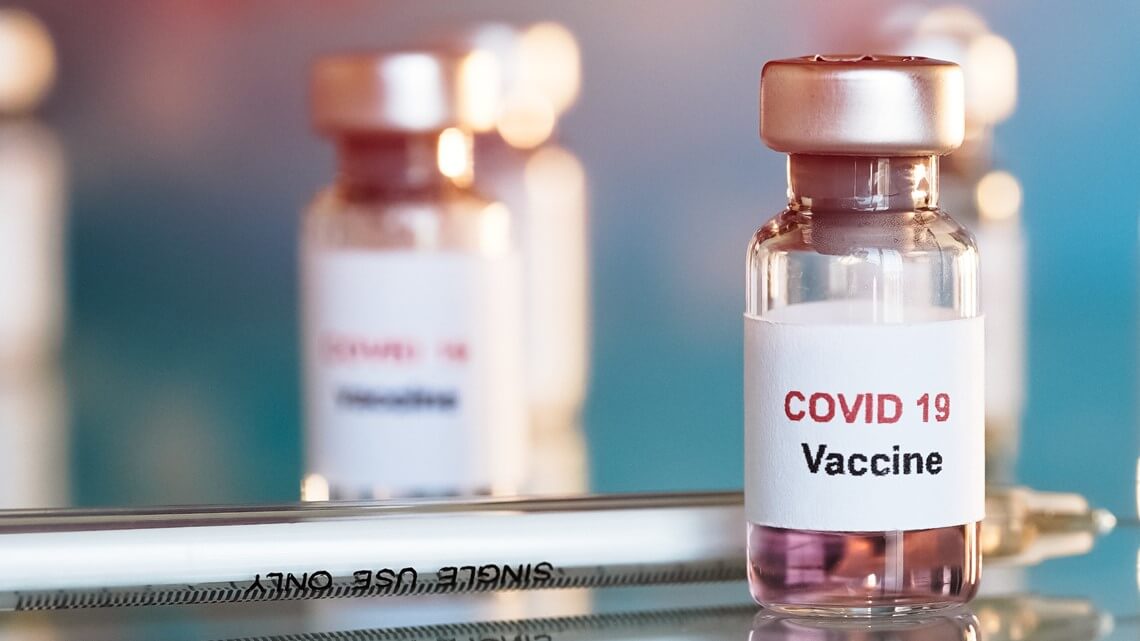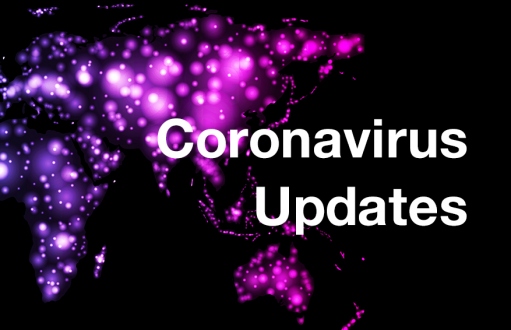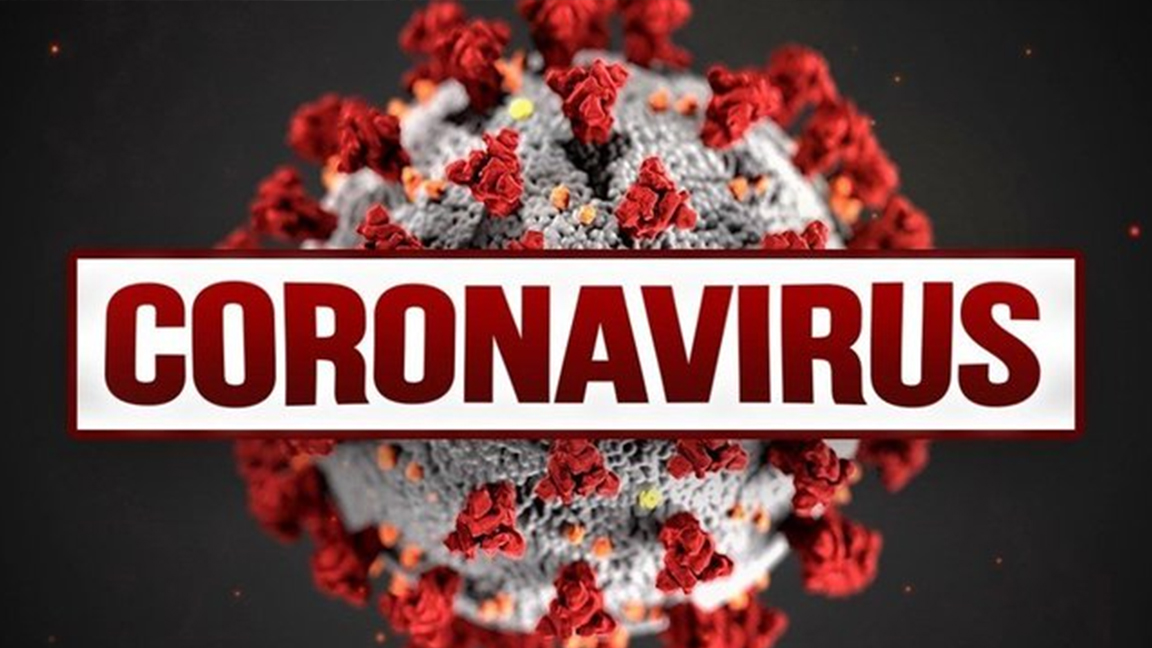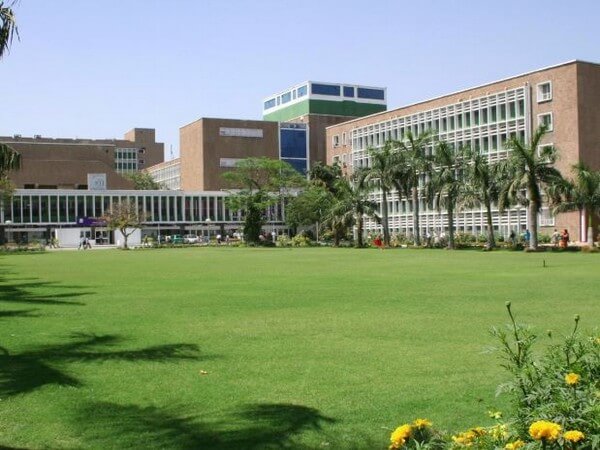Telangana records 25 Deltacron cases
Mon 21 Mar 2022, 12:42:40
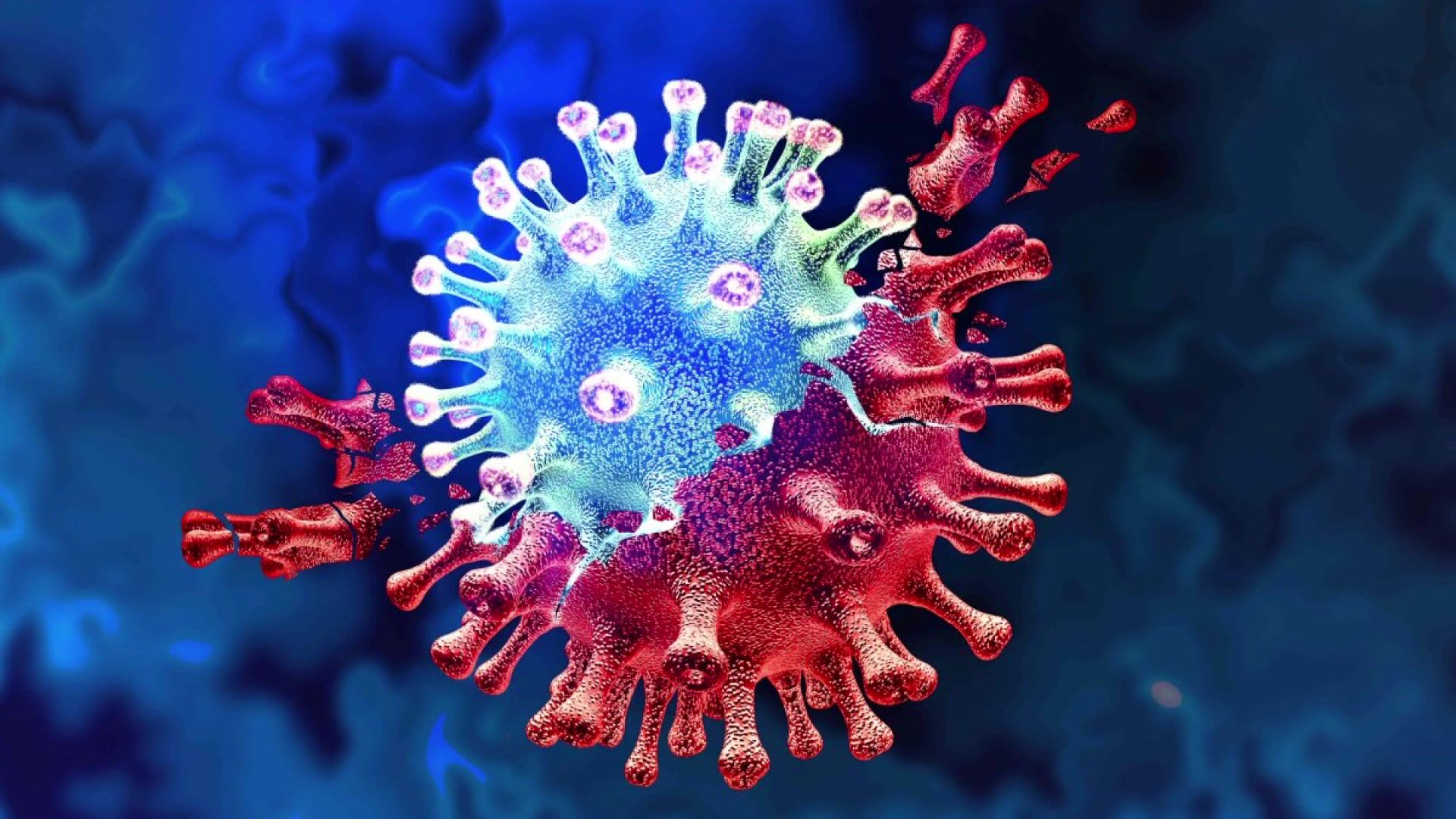
Hyderabad: The imminent threat of new variants of coronavirus with a potential to fuel fresh surge in Covid infections continues to remain a cause of worry, as the latest genetic sequencing data from Indian SARS-CoV-2 Genomics Consortium (INSACOG) and GSAID indicates that there are 568 Covid sequences under investigation in various genetic laboratories in India that contain both the Delta and Omicron variants.
Popularly referred to as Deltacron, 25 such cases have been reported so far in Telangana while Karnataka remains a hotspot with 221, followed by 90 in Tamil Nadu, 66 in Maharashtra, 33 in Gujarat, 32 in West Bengal and 20 in New Delhi.
The presence of genetic signatures of both Delta and Omicron variants in 568 Covid sequences is an indication of the presence of recombinant virus, which means it contains genetic elements of both Delta and Omicron or contains genes from both the variants.
Health officials in Hyderabad assert that the growing evidence of recombination of Delta and Omicron suggests the coronavirus is constantly evolving, a good enough reason for people to be cautious and realise that the pandemic is hardly
over.
over.
A few days ago, Pasteur Institution of France provided evidence of Delta and Omicron recombinant virus and it’s data and analysis provided a definite confirmation of authentic recombinant virus derived from Delta and Omicron lineages, which made representatives from World Health Organisation (WHO) to acknowledge and warn countries.
WHO Chief Scientist Dr Soumya Swaminathan took to Twitter to say, “We have known that recombinant events can occur, in humans or animals, with multiple circulating variants of SARSCoV2. Need to wait for experiments to determine the properties of this virus. Importance of sequencing, analytics and rapid data sharing, as we deal with this pandemic”.
The INSACOG gene sequencing investigations is an indication that at some point, both the Delta and Omicron variants were circulating at the same time in States like Telangana. Omicron was first reported in December, 2021 and became active in January, 2022 and at that time the Delta variant was still active and was not fully replaced by Omicron, leaving ample scope for development of recombinant virus.
No Comments For This Post, Be first to write a Comment.
Most viewed from Coronavirus Updates
Most viewed from Health
AIMIM News
Latest Urdu News
Most Viewed
May 26, 2020
Do you think Canada-India relations will improve under New PM Mark Carney?
Latest Videos View All
Like Us
Home
About Us
Advertise With Us
All Polls
Epaper Archives
Privacy Policy
Contact Us
Download Etemaad App
© 2025 Etemaad Daily News, All Rights Reserved.

